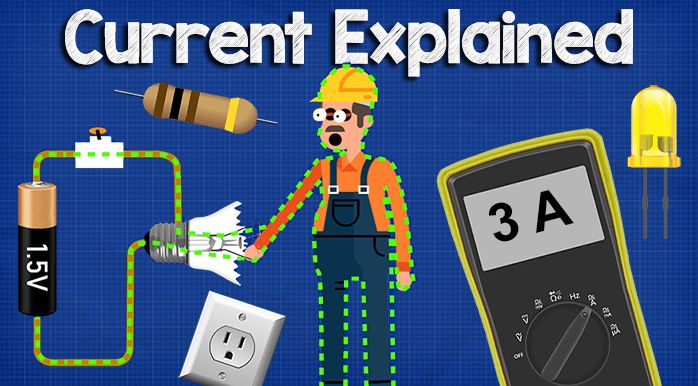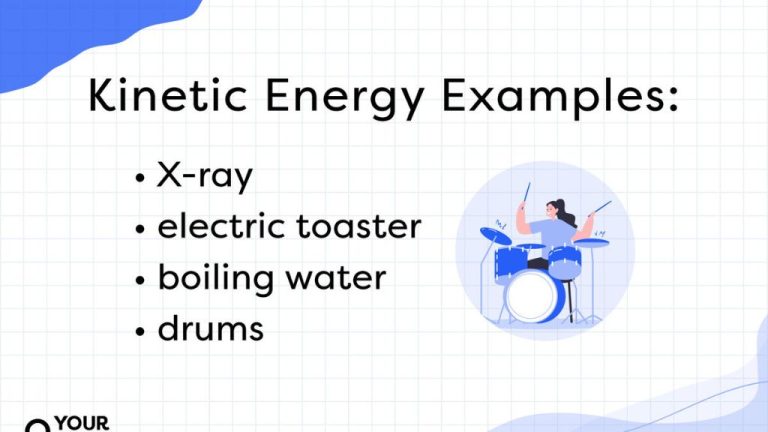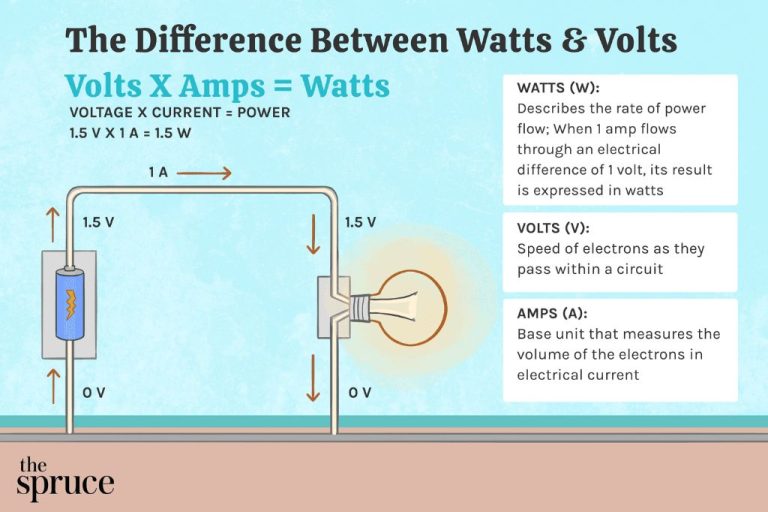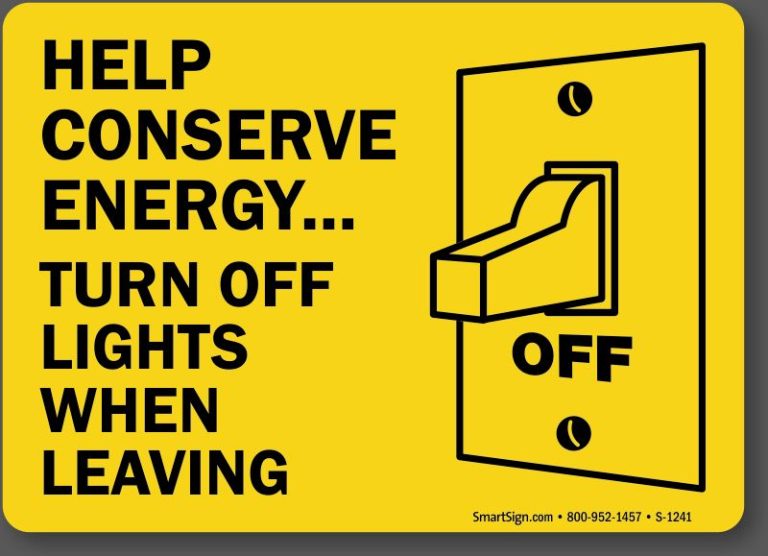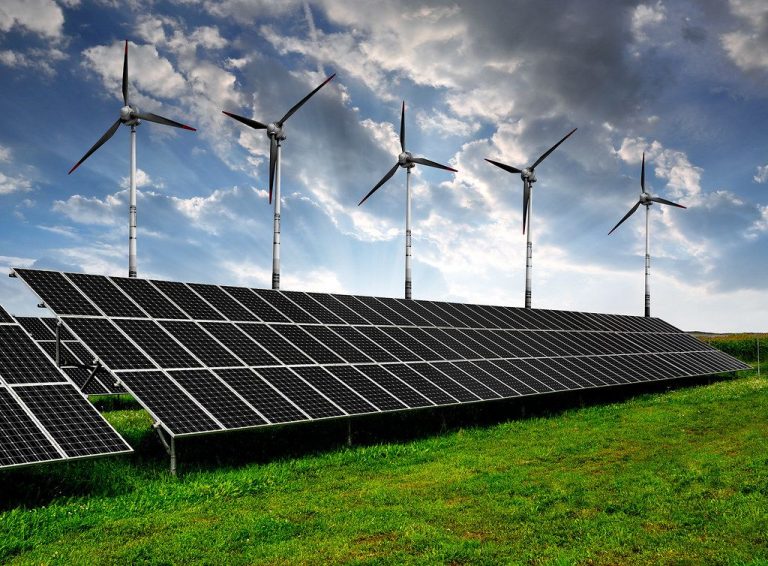What Is The Most Energy Efficient Heat Pump On The Market?
A heat pump is an efficient heating and cooling system that transfers heat between indoors and outdoors using refrigerant and a compressor [1]. It can provide home heating in winter as well as air conditioning in summer. As energy costs continue to rise, homeowners are looking for the most efficient heat pump systems to save on operating costs.
With many brands and models on the market boasting various efficiency ratings, it can be challenging to determine which system is truly the most energy efficient. This article examines top heat pumps and the latest technologies to provide recommendations for the most efficient system currently available.
Heat Pump Efficiency Ratings
There are three key efficiency ratings used to evaluate and compare heat pump performance:
SEER – Seasonal Energy Efficiency Ratio measures cooling efficiency. The higher the SEER, the more efficient the cooling. SEER ratings generally range from 13 to 21 or more. High-efficiency heat pumps have a SEER of 17 or above according to Carrier.
HSPF – Heating Seasonal Performance Factor indicates heating efficiency. Typical HSPF ratings range from 7 to 10, with higher numbers indicating greater efficiency according to Consumer Reports.
COP – Coefficient of Performance is the heat output divided by the power input at a specific temperature. The higher the COP, the better the efficiency. COP can vary significantly based on outside temperature.
These ratings are important for comparing the energy efficiency between different heat pump models. Units with higher SEER and HSPF ratings will generally use less electricity for cooling and heating your home. Energy efficiency helps minimize utility bills and environmental impact.
It’s advisable to choose a heat pump with a SEER of at least 16 and a HSPF of 9 or more. Top-tier heat pumps exceed 20 SEER and 10 HSPF according to Applewood Air.
Top Brands and Models
Some of the top heat pump brands on the market today in terms of efficiency ratings include:
Carrier – The Carrier Infinity 26 Air Conditioner earns up to 21 SEER efficiency rating, making it one of the most efficient units available. It utilizes variable-speed compression technology and has a heating efficiency rating of up to 13 HSPF. Carrier Infinity 26 Specs
Lennox – The Lennox Merit Series Heat Pumps can reach up to 20 SEER cooling efficiency and 10.2 HSPF heating efficiency. They use two-stage scroll compressors and variable-speed fans for comfort and efficiency. Lennox Merit Series
Trane – The Trane XV20i Variable Speed Heat Pump offers up to 20 SEER cooling efficiency and 10.5 HSPF heating efficiency. It adapts compressor and fan speeds to handle heating and cooling needs. Trane XV20i Specs
Rheem – The Rheem Prestige Series Heat Pumps come with two-stage scroll compressors and variable-speed fans to reach up to 20 SEER cooling efficiency and 10 HSPF heating efficiency. Rheem Prestige Series
Variable-Speed Technology
Variable-speed compressors can provide significant efficiency benefits in heat pumps compared to traditional single-speed models. Variable-speed heat pumps are able to operate at different speeds to more closely match the heating or cooling demands at any given time (Four benefits of variable speed technology, Carrier). This allows the system to run more often at lower speeds, which is more energy efficient than cycling on and off at full speed. According to Carrier, variable-speed systems can be up to 40% more efficient than single-speed models (Four benefits of variable speed technology, Carrier).
Many of the top heat pump models on the market today use variable-speed technology, including the Carrier Infinity, Trane XV20i, Lennox SLP98V, and Daikin Fit. These systems modulate speeds to maximize comfort and efficiency. Models with variable-speed compressors tend to have higher SEER and HSPF ratings than single-speed heat pumps. However, they also come at a premium cost. The advanced technology results in lower operating costs over time, which can offset the higher initial investment.
Cold Climate Considerations
When selecting a heat pump, it’s important to consider the climate you live in. Heat pumps become less efficient as the outdoor temperature drops. In cold climates where temperatures frequently fall below freezing in winter, you’ll want to choose a system designed specifically for cold weather operation.
Look for a heat pump with a high heating capacity at lower temperatures, ideally with a heating capacity rating of at least 20,000 BTU at 5°F (-15°C). Also confirm the minimum operating temperature — the lowest outdoor temp at which the heat pump can effectively provide heat without engaging the auxiliary electric resistance heat. A minimum operating temp of -5°F (-20°C) or lower is recommended for cold climates.
Top cold climate heat pump recommendations include the Carrier Infinity 24 Heat Pump which provides heat down to -15°F ambient temperature, and the Lennox XP25 which offers reliable operation in temperatures as low as -13°F. The Trane XV20i is another excellent choice rated for cold weather operation down to -10°F. Going with a variable-speed compressor optimized for cold climates will provide the best comfort and efficiency.
Smart Home Integration
Many of the latest heat pump models offer smart home integration through wifi connectivity and compatibility with platforms like Amazon Alexa, Google Assistant, and Apple HomeKit. This allows for convenient voice control and remote access from smartphones. Some notable models with advanced smart capabilities include:
The Mitsubishi Electric Hyper-Heating INVERTER is fully compatible with Amazon Alexa and Google Assistant. It can be controlled remotely through the MELCloud app and syncs seamlessly with smart home ecosystems. The app provides monitoring and control of temperature, modes, and scheduling from anywhere.
The Daikin One+ smart thermostat allows control of Daikin ductless heat pumps through Alexa voice commands or the Daikin One home app. It can even provide status updates like filter cleaning reminders and monitor energy usage. The Daikin One system also integrates with other smart devices to automate temperatures based on occupancy.
The Mitsubishi Zoned Comfort Solutions system works with major smart thermostat brands like Ecobee, Honeywell, and Nest to provide app-based remote climate control for Mitsubishi ductless heat pumps. These smart thermostats help maximize efficiency through intelligent scheduling and zoning tailored to usage patterns.
Operating Cost Savings
High efficiency heat pumps like variable-speed models can significantly reduce annual heating and cooling costs compared to conventional HVAC systems. According to the U.S. Department of Energy, upgrading from an electric furnace to an ENERGY STAR certified heat pump can lower heating costs by up to 50%. When replacing a central air conditioner and furnace, the savings can be 20-30%.
For example, the average household spends around $826 per year on heating and cooling with a furnace and central AC. With an efficient heat pump, those costs can be reduced to $413-550 annually. Over 10 years, the cumulative savings from lower energy bills can amount to $4,130-7,260 depending on climate and HVAC usage. Along with cost savings, households can reduce carbon emissions by switching to a heat pump.
Installation Costs
The cost to install a new heat pump HVAC system ranges between $5,000 to $12,500 according to Bankrate, with the average cost coming in around $8,000 according to Forbes. This cost can vary based on the size of your home, complexity of the install, and extras like ductwork. Heat pumps tend to have a higher upfront installation cost than furnaces. This is because heat pumps require installation of both the indoor air handler unit and the outdoor compressor, versus just the air handler for a furnace. They also often require upgraded electrical work as heat pumps run on 220-240V power.
However, the installation cost difference between a heat pump and AC unit or gas furnace is minimal, usually only $1000-2000 more for the additional labor and materials of installing the outdoor heat pump compressor. And heat pumps provide both heating and cooling from one system, saving you the cost of installing separate furnace and AC systems. Overall, the long term savings on monthly energy bills make heat pumps a worthwhile investment despite the slightly higher installation cost.
Top Recommendations
Based on testing and reviews, some of the top recommended heat pump models for efficiency and performance include:
For cold climates, the Mitsubishi Hyper-Heating INVERTER is an excellent choice. It maintains full heating capacity down to 5°F and achieves an efficiency rating of 10+ HSPF. It uses variable-speed compressor technology for maximum comfort and savings.
The Carrier Infinity 24 Heat Pump is a top pick for warmer climates like the Southeast and Southwest. It earns high marks for quiet operation, temperature control, and energy efficiency up to 20 SEER.
For a more affordable option, the Goodman DSZC18 is an efficient single-stage heat pump rated up to 18 SEER. It provides reliable performance across a range of climates.
The Lennox XP25 combines efficiency and smart home integration. With variable-speed operation and 25 SEER cooling, it can save significantly on energy bills. The Lennox app allows full control and monitoring.
Conclusion
When shopping for the most energy efficient heat pump for your home, there are several key factors to consider. Variable-speed compressor technology offers superior energy savings compared to single and two-stage heat pumps. Look for units with HSPF ratings of 10 or higher and SEER ratings of 18 or above. Mitsubishi, Carrier, and Lennox brands have some of the top efficiency ratings.
Cold climate heat pumps with variable capacity are ideal for colder regions, as they continue providing heat efficiently even in subzero temperatures. Smart controls allow you to further optimize the system for your needs and maximize savings. While upfront costs are higher for the most efficient models, the long-term energy savings can make a high-performance system well worth the investment.
The Carrier Infinity Series 19 Heat Pump is a top recommendation with an HSPF of 10 and SEER of 19. For cold climates, the Mitsubishi Hyper Heat and Lennox Signature Series heat pumps offer very impressive efficiencies. Work with a qualified HVAC contractor to determine the appropriately sized and most energy efficient heat pump to meet your household’s needs.

